Table of Contents
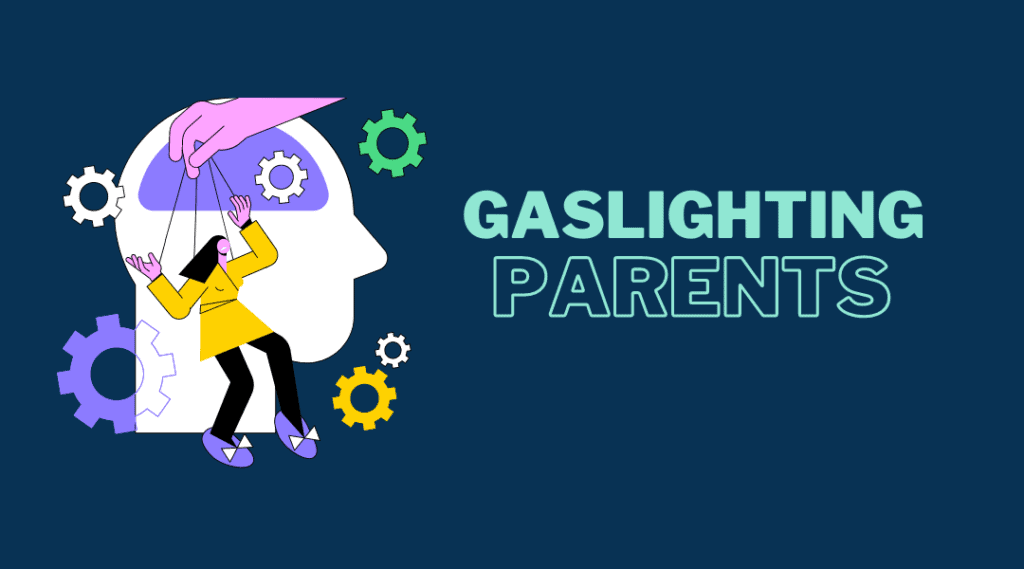
There are signs of gaslighting parents. It’s not just a bad parenting style. This type of emotional abuse can seriously affect a child’s success and mental health. You can overcome gaslighting by setting firm boundaries with your parent and drawing an imaginary boundary around you. Therapy is a great place to start when you have gaslighting parents.
Read on to find out how to spot the signs of gaslighting parents and how they affect a person’s life.
Signs of gaslighting parents

Are you noticing some of the signs of gaslighting? These words and phrases may be coming from a parent you grew up with. These behaviors are hard to spot, especially if they come from a parent in authority.
The parent denies a child’s subjective experiences
One sign of gaslighting involves a parent denying their child’s experiences.
A child might recall a time in their past when they felt isolated socially by friends or scared of a parent’s reaction. The parent’s response may be a denial of the described event like it never happened or the event was different from how the child remembers it.
Making their children feel worse about themselves
Instead of being emotionally supportive, gaslighting parents make their children feel worse about their situation. It could be a regular day-to-day stressor, a failure, or a mistake.
Playing victim
Playing the victim is a common gaslighting technique. A parent who plays a victim refuses their role in the problem and acts like it was they who was wronged.
Being too close with their children
Gaslighting parents tend to focus on becoming friends with their children instead of being parents to them. They will try to protect their children from difficult feelings, like disappointment, sadness, loneliness, etc. In this scenario, children will not be able to learn how to cope with these emotions on their own.
Gaslighting parents are control freaks
Overly controlling parents who use the authoritarian parenting style and control how their children should look like and what they should like or dislike are making their children indecisive.
Children of gaslighting parents have difficulties understanding their own feelings, opinions, wants, and needs.
Gaslighting Phrases

- You are crazy.
- You are so sensitive.
- You’re not cold.
- You are hungry.
- You are tired.
- You should have done your homework.
- I criticize you because I love you.
- You are being too emotional.
- You should have put on your socks.
- I am not arguing; I am discussing this with you.
- You’re a selfish kid.
- You’re a bad student.
- You should have known.
- Stop being dramatic.
At first glance, these phrases seem harmless. But in reality, gaslighting parents use these phrases to tell their kids who they are, what they feel, and what they have to do. Even compliments can be a form of gaslighting if they are used to negate or deny a child’s experience of an event or if they are a form of manipulation.
How gaslighting parents affect a person’s life.
Gaslighting can create an unbalanced power dynamic within a relationship. Gaslighting, at its worst form, can be considered mind-controlling and psychological abuse.
Gaslighting is a form of emotional abuse

A child subjected to gaslighting by a parent is likely to feel misunderstood and may become suspicious of their friends. This is often the result of insecure, self-involved, and uneducated parents. Therefore, parents who engage in gaslighting should reassess their parenting style.
Gaslighting occurs when a parent intentionally denies something their child has experienced or feels. This tactic is designed to cause confusion by convincing the child that their memory is just “imagining” or a figment of their imagination.
While gaslighting is usually considered a subtle form of manipulation, it’s often a sign of deep-seated trauma. It’s not uncommon for a parent to use this tactic to keep their child from crying or from misinterpreting events. A child exposed to gaslighting often develops a distorted sense of reality and cannot recognize the abuse until later in life.
It affects mental health

Children who are subjected to gaslighting by their parents may experience life-long damage. Not only are they left with scars and a sense of hopelessness, but they may also be denied the right to express themselves. Sadly, this can lead to mental health problems in adulthood.
People who gaslight others may be narcissistic, a personality disorder characterized by an inflated sense of self. Narcissistic people may seek attention from others despite being secretly vulnerable. Those who suffer from this condition often experience intense pain when others criticize them or try to hurt their inflated sense of self-esteem. Because of this, they may be unaware that they are gaslighting their children.
Children subjected to gaslighting by their parents may experience low self-esteem, apprehension, and fear. These effects may last for a long time and negatively impact their mental health.
Unfortunately, many victims don’t seek help and are forced to stay dependent on their abusers. Gaslighting may even have negative physical and mental consequences. Therefore, children affected by gaslighting should seek professional help immediately.
It affects relationships

A child with gaslighting parents will often feel worse about a situation than what it really is. Parents who engage in gaslighting are often self-absorbed, emotionally unavailable, or uneducated. Parents who engage in gaslighting should consider their parenting techniques. They may be unconsciously manipulating their child, trying to keep their control over their child’s views, feelings, and wishes. Eventually, this type of behavior can damage relationships and your children’s health.
Gaslighted children are likely to feel unfulfilled, frustrated, and emotionally drained. They are often denied the freedom to make decisions. Their feelings are also dismissed as “imagination.”
Children of gaslighters are often forced to hide their true feelings from their parents. They may even be deliberately hiding more information from their parents in an attempt to protect them from difficult feelings. If children are exposed to too much gaslighting, they may not be able to cope with emotions later in life which could negatively affect their personal life and relationships with other people.
It affects children’s success

If you have ever experienced gaslighting from your parent or have children who have been victims of gaslighting, you know how uncomfortable it can be. Narcissistic parents often use their children to cover up their own insecurities. They try to manipulate the situation to make the child believe they did nothing wrong. The result is that the child grows up feeling like a failure.
This type of parent tries to manipulate the child’s emotional state by ignoring it and dismissing it. Their actions make them believe that the child’s reality is just “imagining.” This type of behavior makes the child feel unfulfilled and depleted emotionally. It also changes their sense of what is normal. They may throw their belongings away and threaten them with never speaking to them again. Ultimately, this kind of behavior makes their lives much harder.
Children of gaslighting parents cannot communicate their emotions in an adult-like way. This type of behavior makes the child question their sanity. Parents who engage in gaslighting techniques try to convince their children that they are insecure or that something is wrong with them. As a result, children can start questioning their sanity and the integrity of other people’s feelings and behavior. Eventually, this can lead to emotional abuse.
It affects family life

One common characteristic of gaslighting parents is to rewrite history to justify their behaviors. For example, the parent in gaslighting mode will claim they were loving, attentive, and constant in their child’s life. While they may use the nastiest language and a teetotaling personality, these traits are just a cover for their own deep-seated shame and inferiority complex. The parent will then use this behavior to twist the truth and sabotage the child’s confidence.
The parent gaslights by putting seeds of doubt about their child’s friends and romantic interests. If the child is a victim of gaslighting, he or she will believe everything their parent says. If this continues, the child will likely follow along and become a gaslighting victim.
The parent who gaslights is very similar to a narcissistic parent. They intentionally discredit the child’s accomplishments and experiences and manipulate them to get their way. This is unhealthy and will lead to feelings of unfulfillment, frustration, and emotional drain. They will also try to control your decision-making process. The parent in gaslighting mode will often undermine the child’s achievements and may even threaten to never speak to them again or throw away everything they have.
It affects relationships with friends
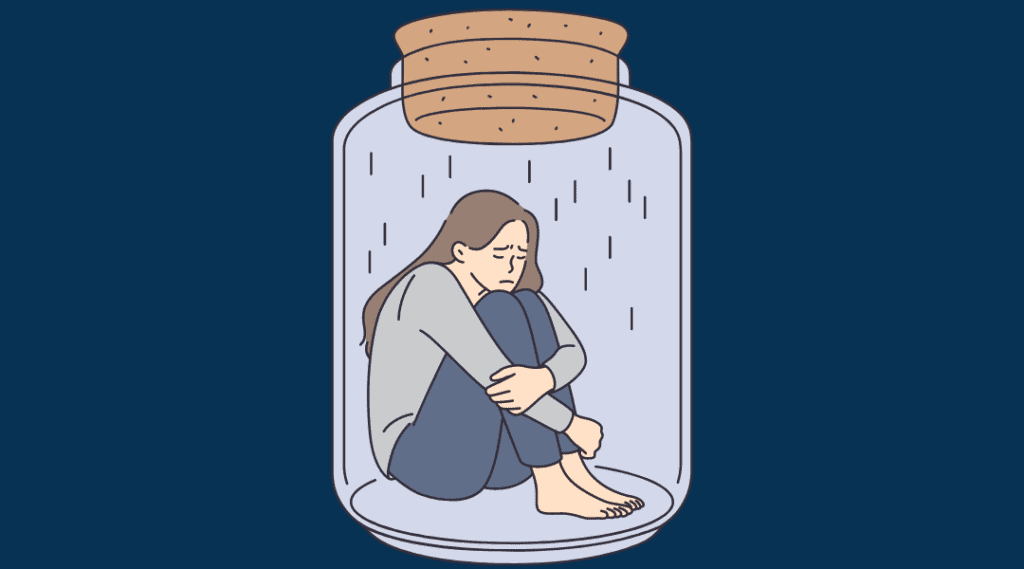
The effects of gaslighting are far-reaching, from limiting children’s freedom to causing a child to become isolated. Whether gaslighting is in the form of physical or verbal abuse, this type of behavior has a detrimental impact on the child’s self-esteem and mental health.
For children who suffer from gaslighting, the relationship becomes imbalanced. They often look to their parents for validation and confirmation of their worldview. However, a gaslighting parent may also be nurturing an unhealthy competitive atmosphere within the home. This type of parent may try to keep the status quo by competing for attention and friends with their child. It may even put siblings against each other or put one on a pedestal.
How to deal with gaslighting parents

Recognize the issue
The first step is to recognize and understand that you are being gaslighted by your parent. Talk to a therapist and check if there are any signs of gaslighting.
Set boundaries
Your mental health is a priority. Try to distance yourself from the toxic relationship. Set firm expectations and set your personal boundaries. This will help you preserve your emotional enegry.
Fact-checking
Since gaslighting parents tend to dismiss or invalidate a child’s experience of an event or a child’s story, it is important to go back to facts to remind yourself of what is real and what is not. You can also check in with someone you trust who witnessed your experience.
The bottom line on gaslighting parents
Gaslighting can be a devastating experience in any relationship. But the effects can even be more damaging if they come from a parent. Recognizing the issue and understanding that it’s not your fault is the first step toward healing. Support from trusted family members, friends, or professionals is also helpful.
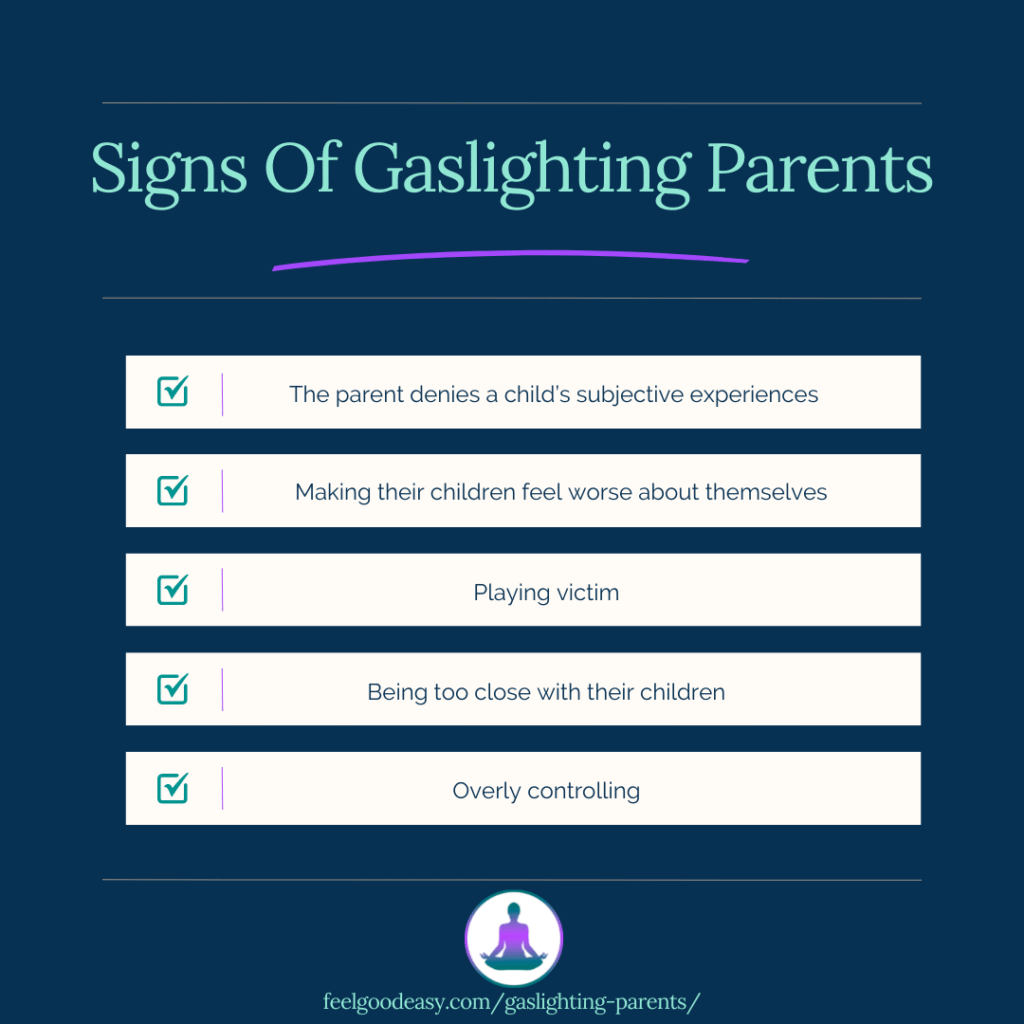
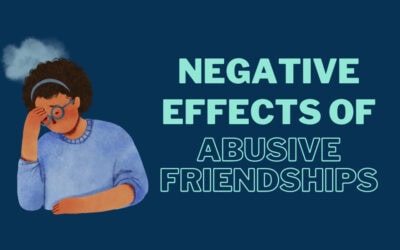

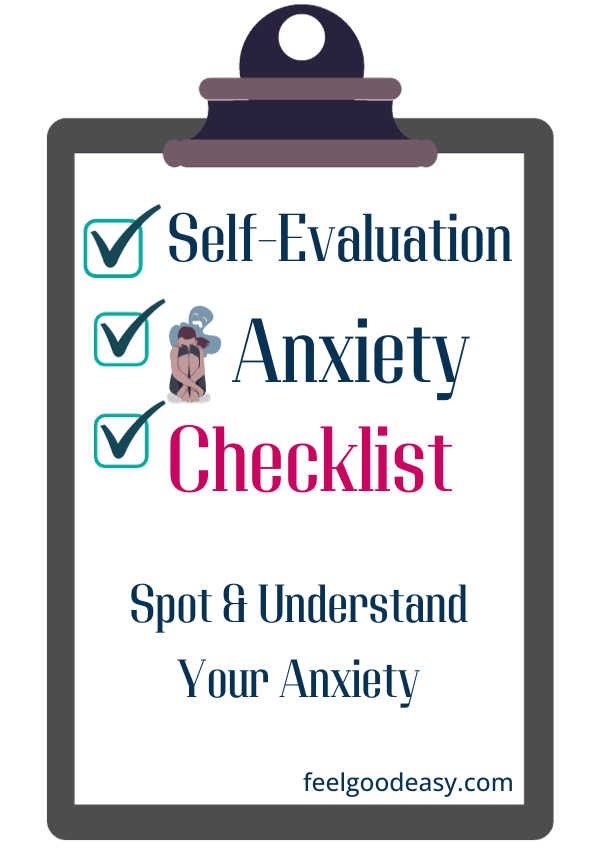
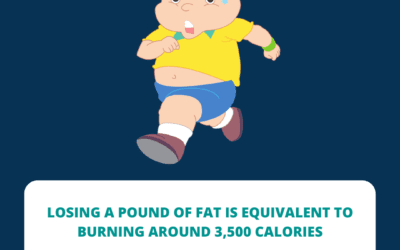

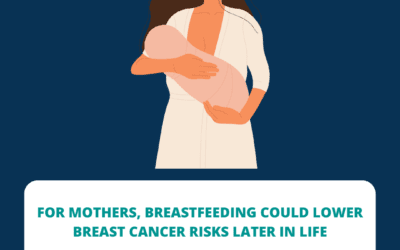



0 Comments